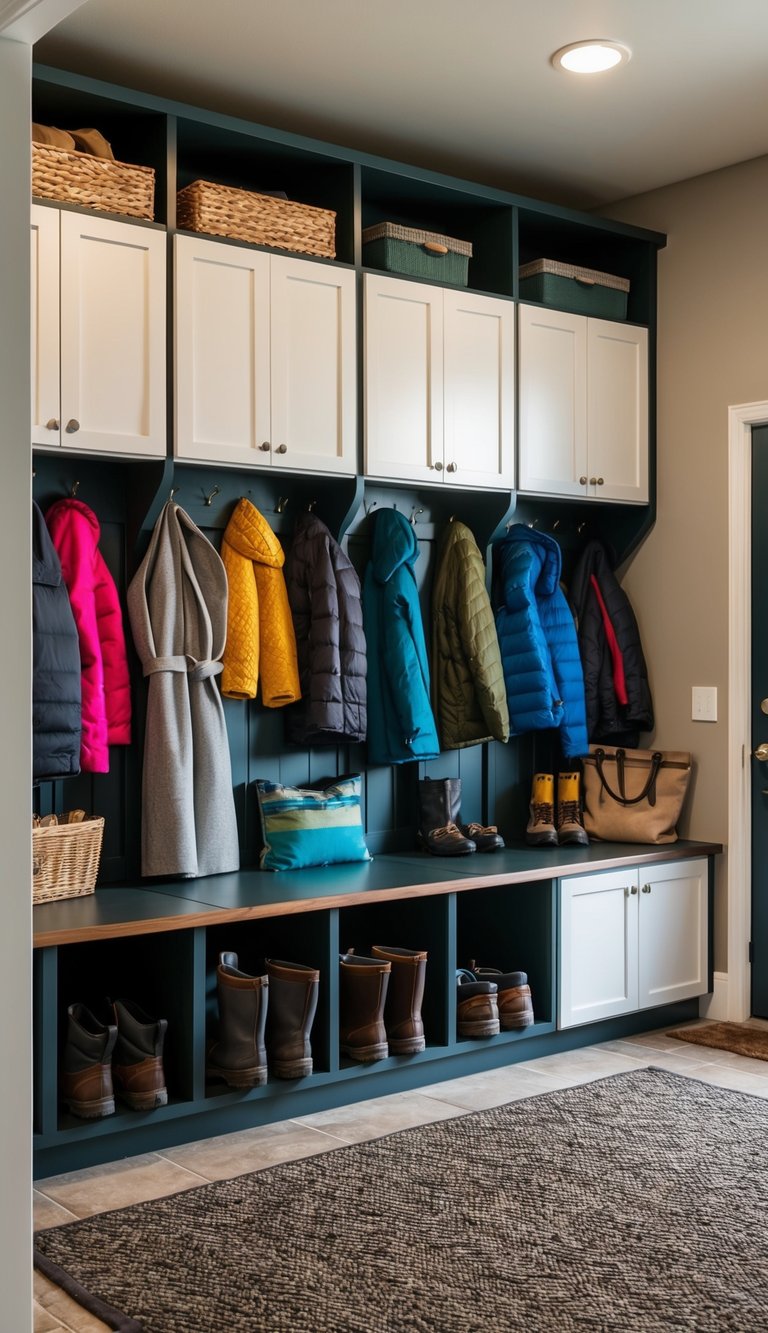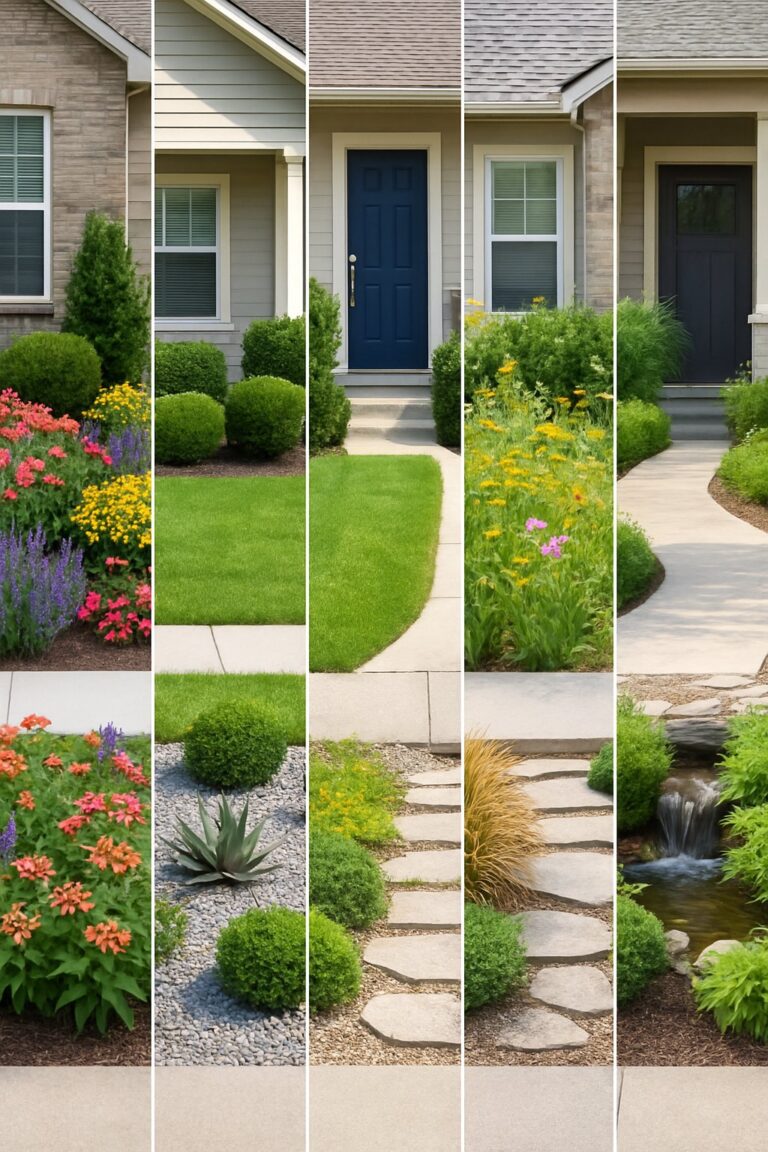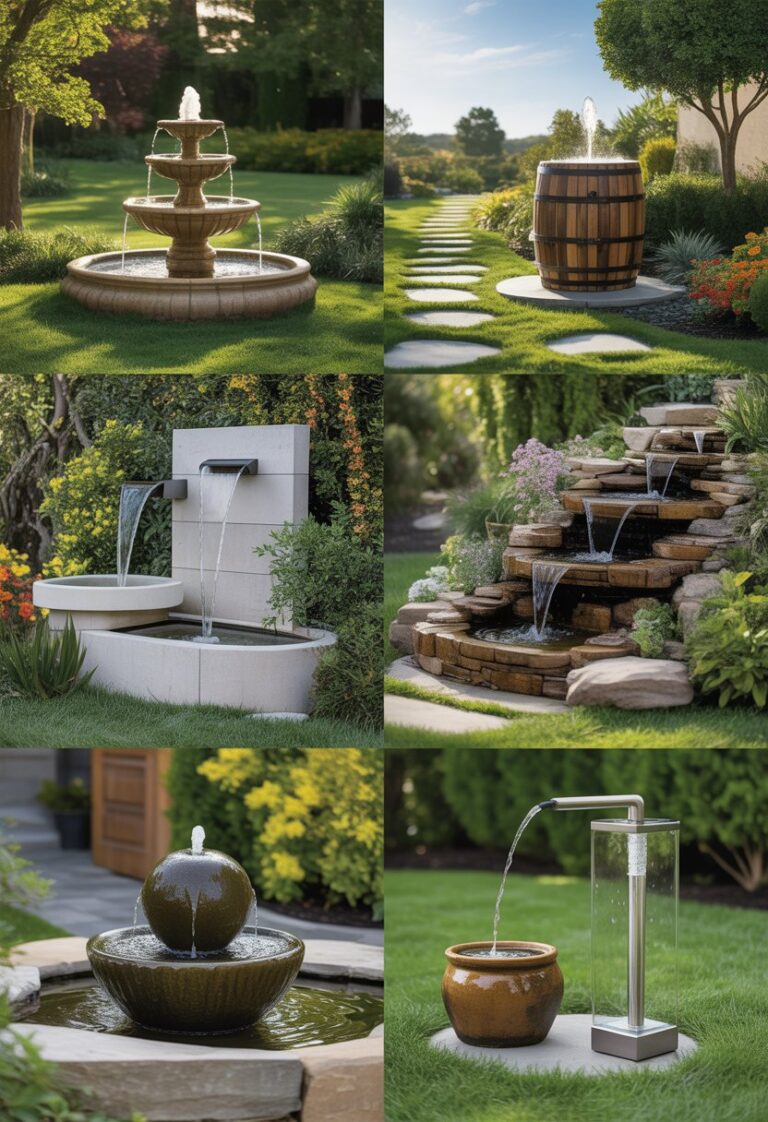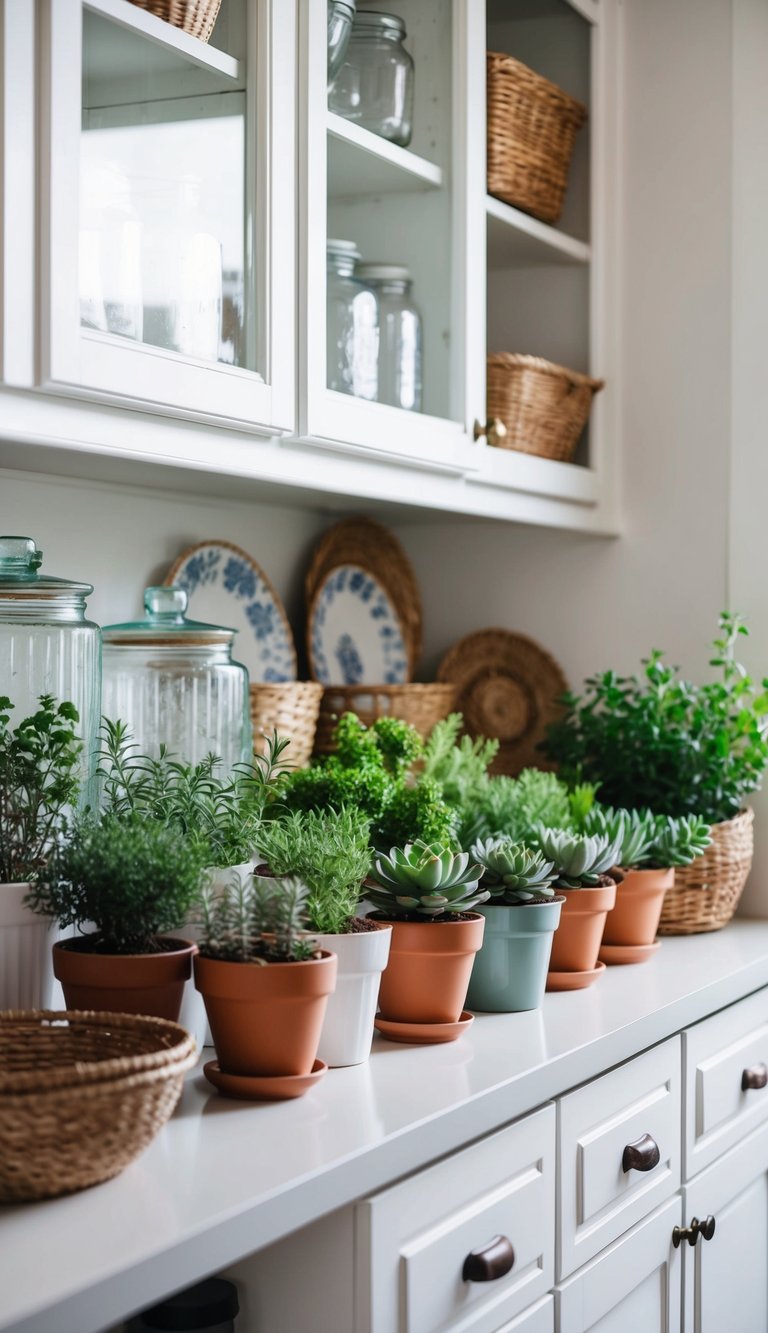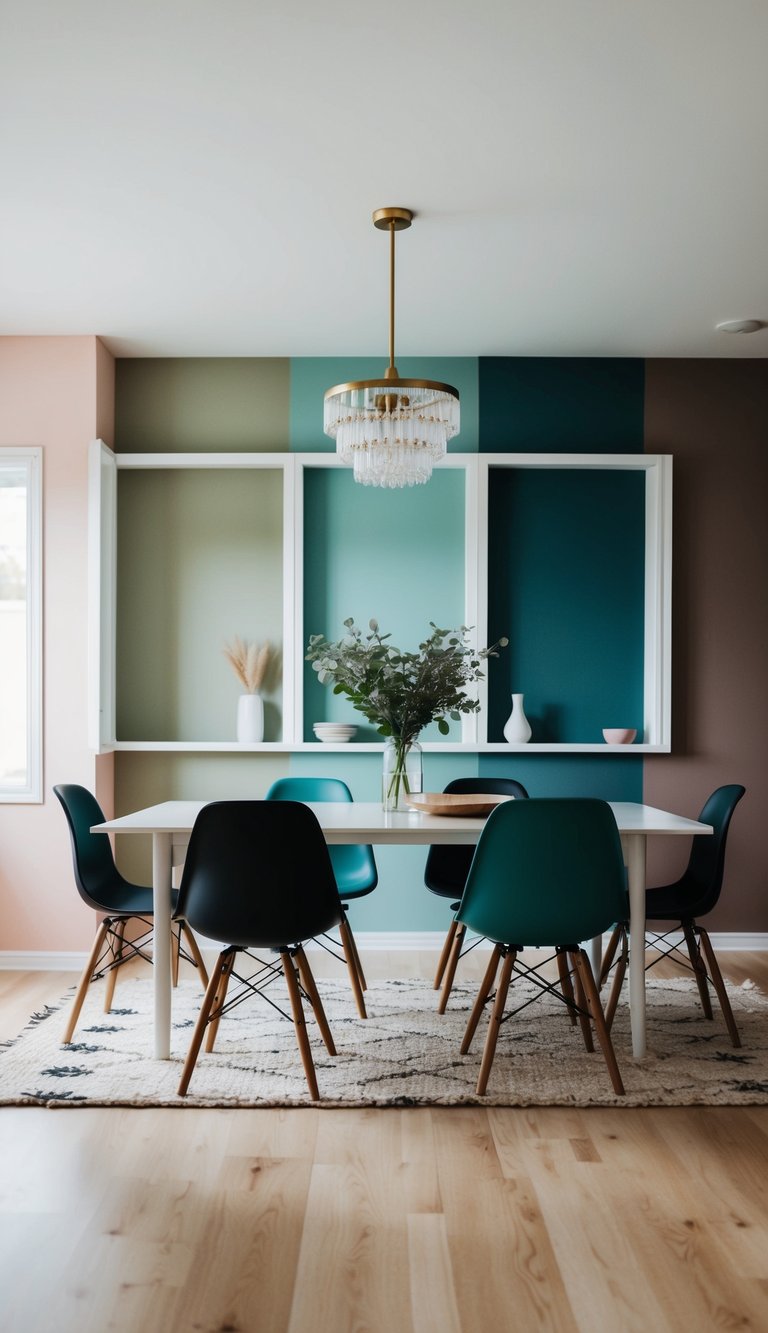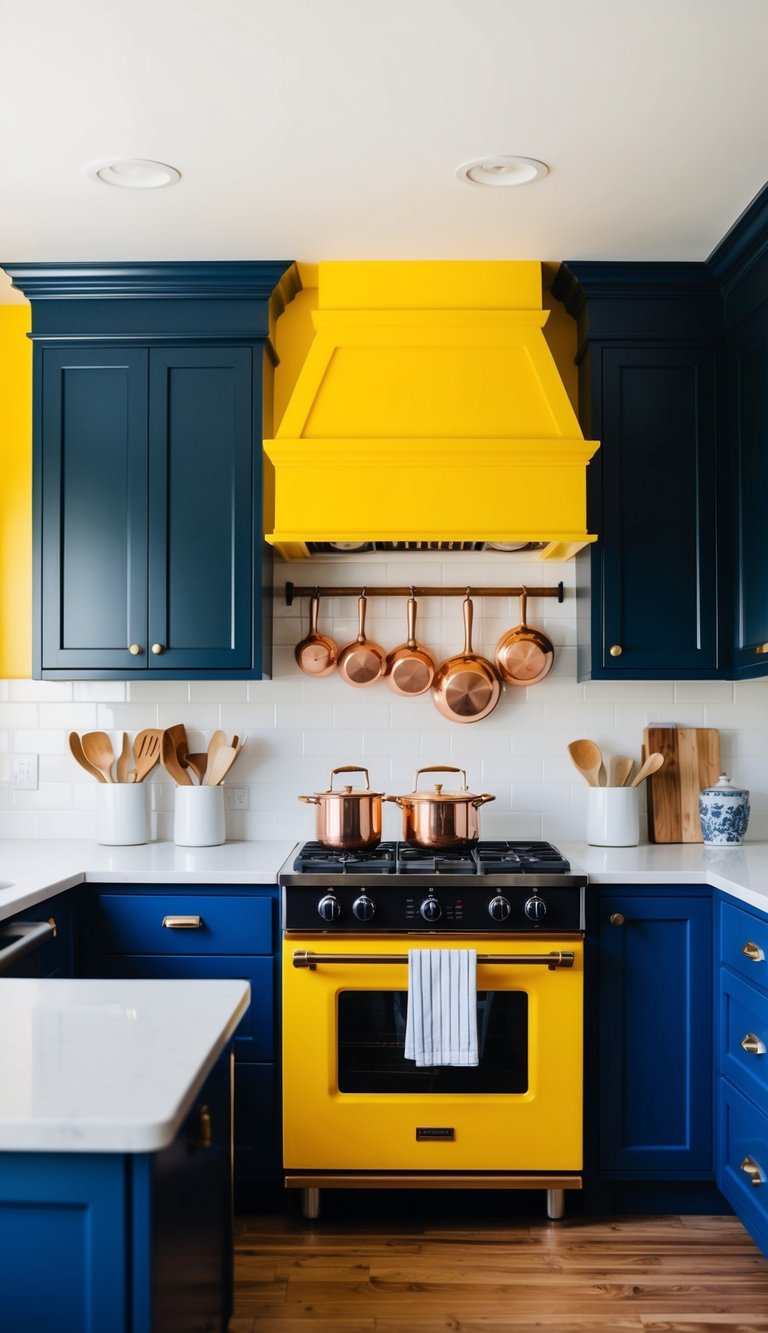If you’re looking for new ways to add beauty and life to your space, these 7 window box ideas for seniors can help you create a cheerful home with less effort. Whether you enjoy gardening or just want a touch of nature close by, there are simple options that work well for many abilities. Choosing the right window boxes ideas can give you more comfort and keep your daily routine easier and safer.
You don’t need a big yard or lots of time—just a small window or balcony can be enough. These ideas offer practical ways to enjoy plants, improve your view, and stay independent at home. If you’re helping a loved one, these tips can also support their safety and happiness while keeping things low-maintenance.
1) Choose lightweight, raised window boxes to reduce bending and strain.

Taking care of plants should be enjoyable—not exhausting. Lightweight window boxes make it easier to move and set up your garden without heavy lifting. Fiberglass or plastic boxes are great choices, since they are much lighter than wood or metal.
Raised window boxes bring your flowers and herbs closer to eye level. This means less bending and reaching, giving your back and knees a well-deserved break. If you have trouble kneeling or stooping, a raised box can help you stay comfortable while gardening.
Many raised window boxes also have stands or brackets. You can place them near windows or along railings, wherever it’s easiest to reach. This setup lets you care for your plants safely and with confidence.
You might also find self-watering options helpful. These can make caring for your plants simpler and less tiring, because you won’t need to water as often. Look for features that support your independence, so gardening stays a relaxing and pleasant activity.
2) Use self-watering window boxes to make watering easier and prevent overwatering.
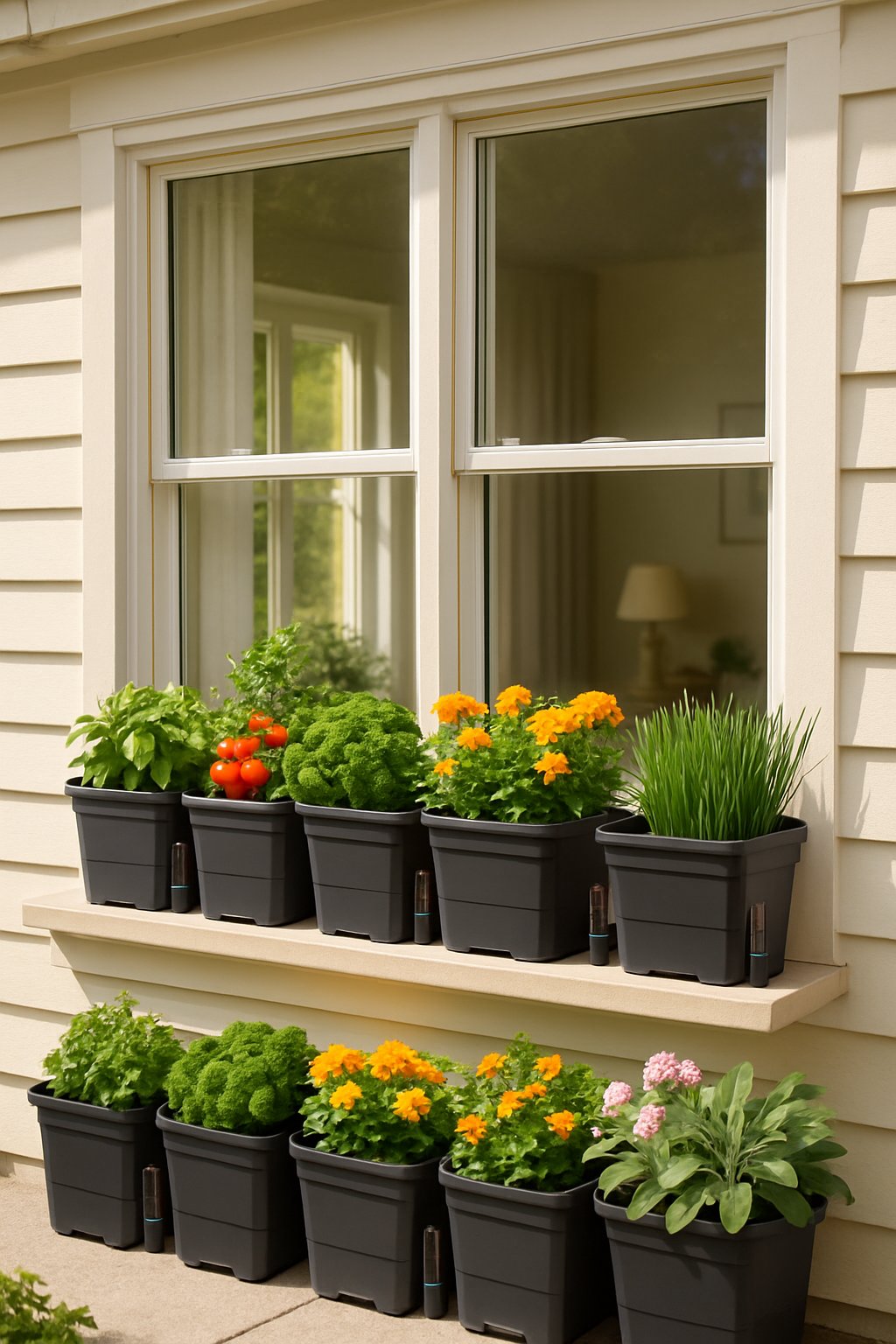
Watering window boxes every day can feel like a big task, especially if you have several boxes or if bending is hard for you. Self-watering window boxes are a helpful option. They hold extra water at the bottom, so your plants get what they need, even if you forget for a day or two.
This kind of planter is designed to give just the right amount of water, which means your flowers are less likely to get too much or too little. Many models have an easy-to-fill reservoir or even a water-level indicator, so you know when it’s time to add more.
If you have window boxes already, you can turn them into self-watering types by using simple tricks. For example, some people add a clean, unused diaper at the bottom to help hold extra moisture. Others use kits or make one with materials like cotton rope or PVC pipe.
Using self-watering planters can help you enjoy gardening with less worry. It takes some of the guesswork out of caring for your plants. This way, you get more time to relax and enjoy the view.
3) Select plants that need minimal maintenance, like succulents or hardy herbs.

Choosing plants that are easy to care for can make window boxes less work and more joy. Succulents are a good option for this. They need very little water and can go for days without attention.
Hardy herbs like thyme, chives, or rosemary also work well. They grow with little fuss and give you fresh flavors for your meals. These herbs don’t need much more than sunlight and an occasional trim.
Look for plants known as “low maintenance” or “drought tolerant.” Examples include snake plants, pothos, New Guinea impatiens, and ZZ plants. These choices can thrive even if you occasionally forget to water them.
If your window box gets lots of sun, succulents and herbs will handle the heat without trouble. For shadier areas, try plants like snake plants or pothos, which are happy with less light.
With these types of plants, you won’t have to spend much time on care. You’ll have more time to relax and enjoy the view from your window.
4) Place window boxes within easy reach, ideally at waist height, for safer access.

When you set up your window boxes, try to place them where you can reach them without stretching or bending too much. Waist height is often the most comfortable. This way, you can water and care for your plants while standing straight, taking pressure off your back and knees.
Keeping the boxes within easy reach also helps prevent accidents. You will not need to climb, stand on a stool, or lean out the window. This reduces the chance of slipping or losing your balance while gardening.
If you use a wheelchair or walker, look for spots where you can easily pull up close. You might also consider raised planters or brackets that let you set the box at the height that feels best for you.
Taking time to set up your window boxes this way makes garden care less tiring. It lets you enjoy your plants at your own pace, giving you more confidence and independence. Safe and simple access is a little change that can make gardening feel much easier and more enjoyable every day.
5) Add trailing plants like ivy or vinca for visual interest without extra effort.

Trailing plants can bring a lovely, gentle touch to your window boxes. Options like ivy or vinca are easy to care for and grow well without much work. Their leaves and stems gently spill over the edges, making your window box look fuller and more lively.
You don’t have to trim them often, so they stay neat with little care. Ivy is a good choice for shade or sun, and vinca handles both dry and wet weather. These plants don’t need frequent watering and can handle a missed day, which can make things a bit easier.
Mixing trailing plants with your favorite flowers can create a soft, layered look. It’s a simple way to add beauty while keeping your routine comfortable. If reaching or bending is a concern, try lightweight planters or ask a loved one to help with planting.
Let these plants add a fresh, calm feel to your space. Watching them grow and trail down the box can bring quiet joy, a little at a time, right outside your window.
6) Use colorful flowers like daisies or pansies to brighten spaces and boost mood.

Adding bright flowers to your window box is a simple way to lift your spirits each day. Daisies and pansies are great choices because they come in many colors and are easy to care for. Their cheerful blooms add a gentle pop of color outside your window.
Colorful flowers can help make your space feel more inviting. Looking at flowers like these may help boost your mood, especially on days when you need a little sunshine indoors. Both daisies and pansies grow well in most climates and only need regular watering.
You do not need to be an expert gardener. These flowers stay neat and are not fussy. A small window box filled with them is easy to reach, water, and enjoy. You can even mix in other bright flowers, like zinnias or petunias, for more variety.
If you use lightweight soil and keep your window box at a comfortable height, planting and caring for these blooms will feel safe and simple. The colors and fresh blooms are a gentle reminder of beauty each day.
7) Incorporate fragrant herbs like lavender or rosemary for sensory enjoyment.

Adding herbs like lavender and rosemary to your window box can bring gentle scents right to your home. These herbs are easy to grow and don’t take up much space. You’ll enjoy the calming smell each time you open your window or water your plants.
Lavender and rosemary are well known for their natural fragrance. Even a small touch or gentle breeze can help the scent fill the air. These scents can make your space feel relaxing and more inviting.
Caring for these herbs is simple. Both lavender and rosemary prefer sunlight and only need light watering. This makes them good picks if you want something low-maintenance and easy to handle.
Growing fragrant herbs can stimulate your senses in a gentle way. Touching the soft leaves or simply smelling the fresh herbs may lift your mood and make gardening feel even more rewarding.
You can also snip a bit of rosemary or lavender to use in your cooking or craft projects. It’s a nice way to enjoy what you grow, and it gives you a little more independence in your everyday life.
Choosing Safe and Accessible Window Boxes
Window boxes should help you feel confident about gardening, not worried about accidents or tricky setups. The right material and a strong installation make a big difference for your safety and ease of use.
Selecting Lightweight Materials
Choosing lightweight materials makes window boxes much easier to lift and handle. Plastic, resin, and fiberglass are smart options because they weigh less than wood or metal. They also resist rot and rust, so you don’t have to worry about frequent upkeep.
If you enjoy the look of wood, try cedar or pine instead of heavier hardwood. Add sturdy handles or grip areas to make lifting and moving simpler. Lightweight boxes put less strain on your arms and back, helping you avoid injuries.
Look for materials that withstand weather changes, too. Strong, light window boxes stay in place and last longer, leaving you more time for planting and less time for repairs. A table to compare options can help:
| Material | Weight | Maintenance | Best For |
|---|---|---|---|
| Plastic | Light | Low | Easy handling |
| Resin | Light | Very Low | Durability |
| Fiberglass | Light | Low | Strength |
| Pine/Cedar | Med | Medium | Classic look |
| Metal | Heavy | High | Style, not weight |
Importance of Secure Installation
Safe mounting is essential for both you and those around you. The window box should fit the length of your window, avoiding boxes that are too long or too short. Always use brackets and screws designed for the window material—brick, wood, or vinyl.
Make sure the box is level so water drains evenly. Test the box after installing; it should not wiggle or shift when gently pushed. Ask for help or use safety rails or step stools if your windows are hard to reach.
Fixed boxes are safer than ones that hang loosely. Double-check weight limits before adding soil and plants, especially if your window is higher up. This way you prevent falls and make your space safer for everyone.
Easy Care Tips for Seniors
When caring for window boxes, choosing the right plants and simple watering methods makes things much easier. These steps can help you enjoy the beauty of flowers without too much effort or worry.
Low-Maintenance Plant Suggestions
Select plants that are naturally easy to care for and do not demand too much attention. Good choices include petunias, geraniums, marigolds, and pansies. These flowers are hardy and need less frequent care. For year-round greenery, try small evergreens or ivy, which stay attractive through many seasons.
If you want herbs, consider mint, thyme, or chives. They grow well in window boxes and offer both beauty and usefulness. Succulents are also an excellent pick because they need little water. When arranging your box, try grouping plants by how much sun and water they need to make care easier.
Keep the soil light and use a good potting mix so roots get enough air and don’t get soggy. Avoid heavy or clay soil, which can lead to water buildup and root problems.
Simple Watering Solutions
Watering should not be a strain, so look for tools and routines that fit your lifestyle. A lightweight watering can with a long spout makes it easier to reach all parts of your window box without bending or heavy lifting.
Set a simple schedule—watering once every few days is often enough, depending on the weather. If you travel or forget, you might try self-watering window boxes or add a drip irrigation system. These take care of most of the work for you and help keep the soil at the right moisture level.
Adding mulch or pebbles on top of the soil can help hold in water, so you don’t need to water as often. Watch for signs of dryness, such as wilted leaves—this means it’s time to add more water. By using the right tools and set routines, you can enjoy your window boxes with less effort and worry.

